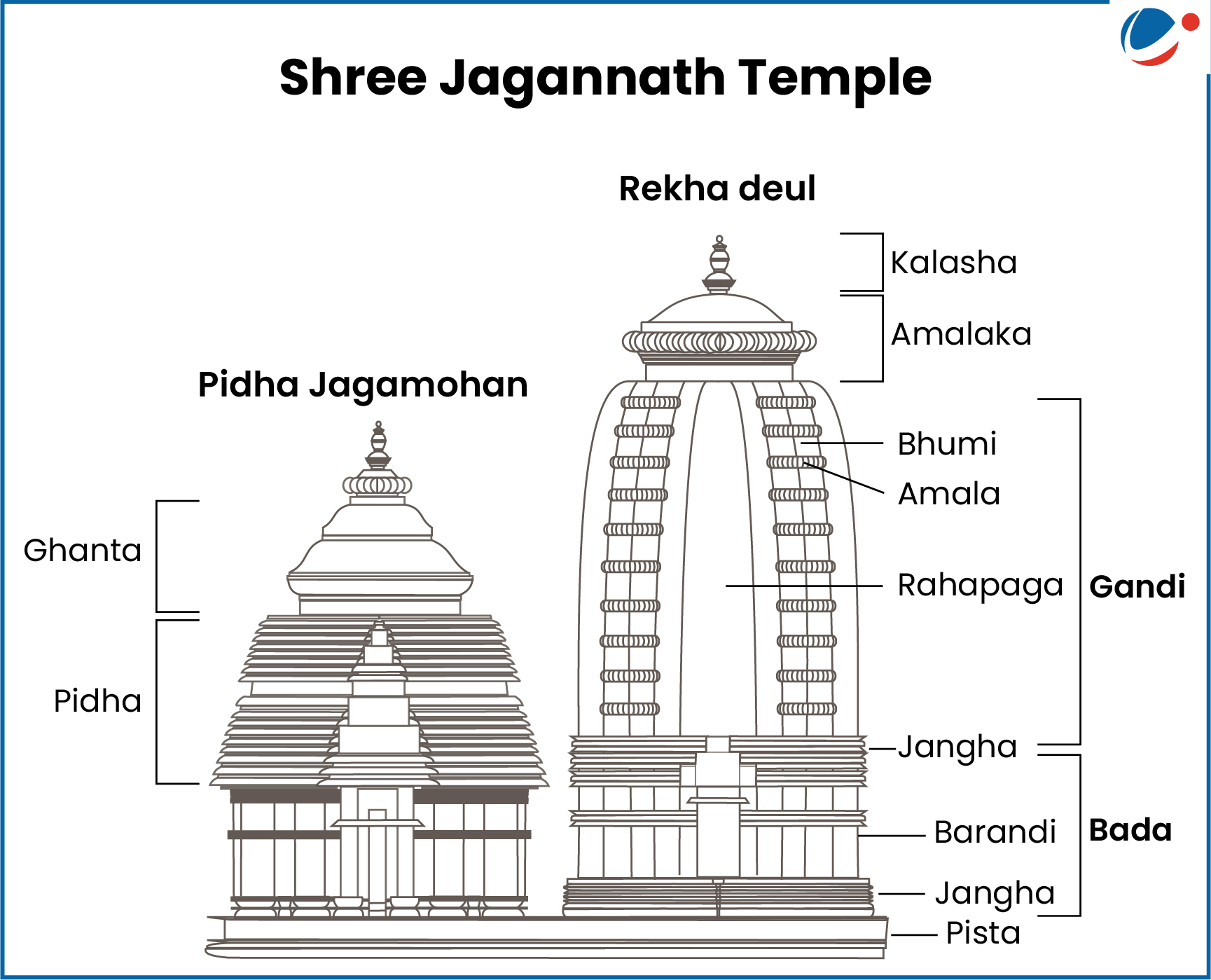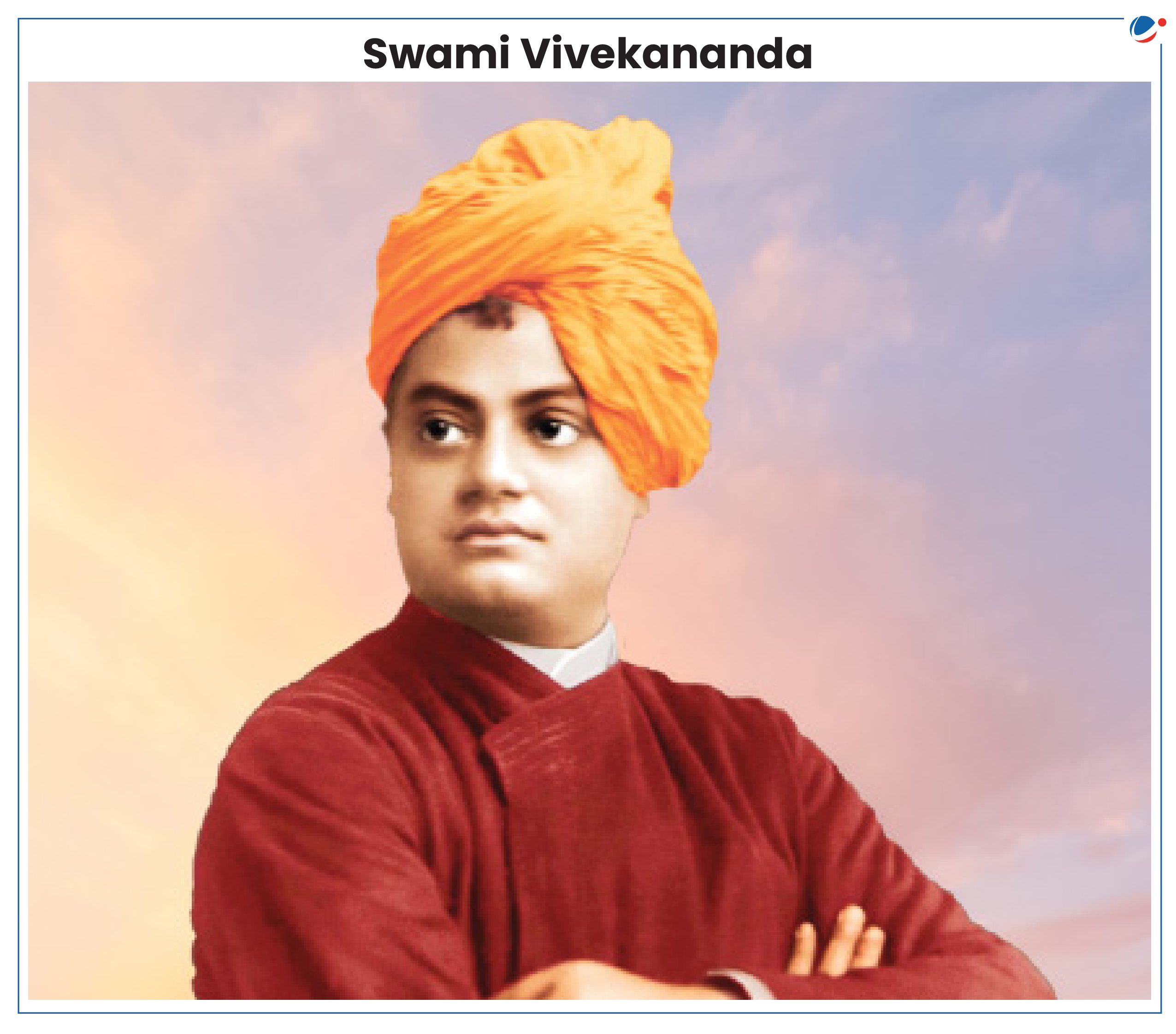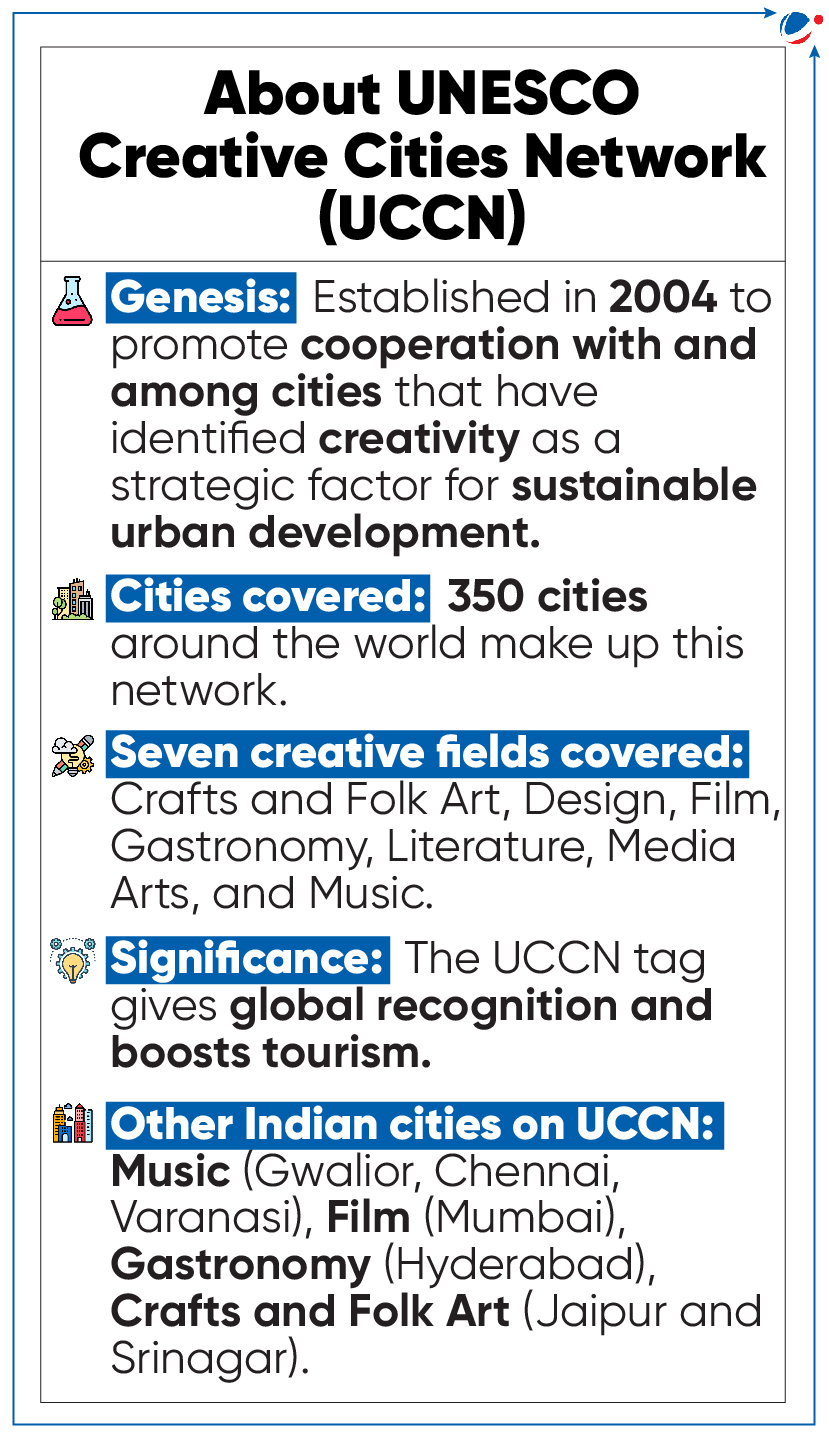Shree Jagannath Temple
Odisha has opened all four doors Shree Jagannath Temple for devotees.
About Shree Jagannath Temple

- Located in Puri, Odisha, and also called as White Pagoda.
- Dedicated to Lord Jagannath (incarnation of Lord Vishnu), sister Devi Subhadra and elder brother Lord Balabhadra (holy trinity).
- Constructed by Ganga Dynasty King Ananta Verman Chodaganga Deva.
- One of the four Char Dhams (Dwarika, Badrinath, & Rameswaram) for pilgrimages in India.
- Architecture style: Kalinga Architecture.
- It has four component parts consisting of Vimana or Deula (Garbhagriha), Jagamohana, Natamandapa and Bhogamandapa.
- Architectural style of temple is a combination of two types of temple structures, i.e., Rekha and Pidha.
- Tags :
- Shree Jagannath Temple
- Ganga Dynasty
- White Pagoda
Jyotirmath/ Joshimath
The Centre approved the Uttarakhand government’s proposal for renaming the Joshimath tehsil in Chamoli district to Jyotirmath, and Kosiyakutoli tehsil in Nainital district to Pargana Shri Kainchi Dham.
About Jyotirmath
- It is one of the four cardinal mathas established by 8th century philosopher Adi Shankaracharya across India to promote Advaita Vedanta philosophy.
- It is believed that Adi Shankaracharya performed penance in Jyotirmath under a tree known as Amar Kalpavriksha.
- It is also known as winter abode of Lord Badrinath.
- It is a base camp for mountaineers attempting to climb Nanda Devi peak.
- Tags :
- Joshimath
- Adi Shankaracharya
- Jyotirmath
- Advaita Vedanta
Swami Vivekananda
The Prime Minister of India recently visited the Vivekananda Rock Memorial and the Tiruvalluvar statue on the nearby rocks at Kanyakumari (Tamil Nadu).
About Vivekananda Rock Memorial
- Built in 1970 and is believed to be at the place where Swami Vivekananda meditated once.
- It is surrounded by the Laccadive Sea, where the Bay of Bengal, the Indian Ocean, and the Arabian Sea converge.
- It is also believed to be the rock where Goddess Kanyakumari prayed to Lord Shiva.
Swami Vivekananda (1863-1902)

Early Life
- Birth: Swami Vivekananda, born Narendra Nath Datta on January 12, 1863, in Kolkata.
- His birth anniversary is celebrated as National Youth Day.
- Parents
- Father: Vishwanath Datta
- Mother: Bhuvaneshwari Devi
- Spiritual Guru: Sri Ramakrishn
- Prominent discipls: Margaret Noble (Sister Nivedita)
Contributions and Legacy
- Preached Vedant philosophy: Utttara Mimāṁsā is called Vedānta. It incorporates Advaita System, Viśiṣṭādvaita System, and the Dvaita System.
- World’s Parliament of Religions at Chicago: His address of 1893 gave himinternational recognition. He was hailed as an “orator by divine right” and a “Messenger of Indian wisdom to the Western world.”
- Established Ramakrishna Mission: Established in 1897, the mission engages in various forms of social service, including running hospitals, schools, colleges, etc.
- Promoting scientific temperament: In 1893, on his way to Chicago, he met Jamsetji Tata and inspired him to establish Indian Institute of Science (IISC) which was founded in Bangalore in 1909.
- Tags :
- Utttara Mimāṁsā
- Viśiṣṭādvaita System
- Advaita System
- Dvaita System
- Ramakrishna Mission
Bavikonda Monastery
Due to budget constraints in recent years, Bavikonda maintenance and repairs at the site remain suboptimal.
- It is part of the ‘Shalihundam-Thotlakonda- Bavikonda- Bojjanakonda- Amravati- Anupu in Andhra Pradesh’ Buddhist Circuit under the Swadesh Darshan Scheme.
- Swadesh Darshan Scheme was launched in 2015 by the Ministry of Tourism to develop sustainable and responsible tourism destinations in the country.
About Bavikonda Monastery
- Bavikonda is located near Visakhapatnam, Andhra Pradesh.
- The name ‘Bavikonda’ means a hill of wells as earlier the place had several wells where rainwater used to be stored.
- Bavikonda Monastery dates back to the 3rd century BCE.
- It has a Theravada (Hinayana Buddhism) Buddhist complex with structures like a Mahastupa, Acharya Vihara, Chaitya Griha, Buddha Pada platforms, and Votive stupas.
- Tags :
- Bavikonda Monastery
- Theravada
- Votive Stupa
- Swadesh Darshan Scheme
Kozhikode: India's First 'City of Literature’
Kerala celebrates Kozhikode’s recognition as India’s first UNESCO ‘City of Literature’.
Kerala also announced that June 23 will be celebrated annually as ‘City of Literature’ Day in Kozhikode.
- In October 2023, UNESCO announced Kozhikode as India’s first UNESCO ‘City of Literature’ and placed it under the literary category of the UNESCO Creative Cities Network (UCCN).

About Kozhikode
Location
- Kozhikode or Calicut is located on the Malabar coast.
- The term “calico,” a fine hand-woven cotton cloth, is believed to be derived from Calicut.
History
- Ruler: In the medieval Age, it was ruled by the Samoothiris (Zamorins).
- City of Spices: Traded in spices like black pepper and cardamom with Jews, Arabs, Phoenicians, and Chinese for more than 500 years.
Foreign travellers
- Ibn Battuta (author of Rihla) visited the city in the 14th Century.
- Portuguese explorer Vasco da Gama and Persian ambassador Abdur Razzaq visited the city in the fifteenth century.
Contemporary significance
- It has a robust literary foundation with over 500 libraries and more than 70 publishers.
- It also boasts a high level of literary education.
- In 2012 it was given the tag of “City of Sculptures” (Shilpa Nagaram) because of the various architectural sculptures located in various parts of the city.
- Tags :
- UNESCO Creative Cities Network
- Zamorins
- Ibn Battuta
- Abdur Razzaq
- Vasco da Gama
World Craft City (WCC)
Srinagar has been recognized as a ‘World Craft City’ by World Crafts Council.
- This recognition would boost the handloom and handicraft sector, benefit tourism, foster infrastructure development, attract greater investment and funding, etc.
- Council was founded in 1964 to empower artisans and safeguard craft heritage globally.
About WCC
- Launched in 2014 by World Crafts Council- International.
- Establishes a dynamic network of craft cities across the globe, aligning with the principles of creative economy.
- Recognizes role of local authorities, craftspeople, and communities in cultural, economic, and social development worldwide.
- Tags :
- World Craft Council
- World Craft City
- Srinagar
UNESCO’S Prix Versailles Award
‘Smritivan Earthquake Memorial Museum’, India’s largest memorial and museum, was shortlisted for UNESCO’s Prix Versailles Award.
UNESCO’s Prix Versailles Award
- About: Granted annually at UNESCO since 2015, the Prix Versailles consists of architecture awards that showcase the finest contemporary achievements worldwide.
- Categories: Award is categorized in 24 World Titles including Airports, Campuses, Passenger Stations, Sports, Museums, Emporiums, Hotels, and Restaurants.
- Project specification: Projects must be innovative, creative, reflect local heritage, be ecologically efficient, and promote social interaction and participation.
- The Official list align with the principles of intelligent sustainability and takes into consideration projects’ ecological, social and cultural impacts.
- Significance: It highlights the primary role of the Laureates in beautifying and improving the living environment.
- Other Recognized Indian project: In December 2023 Kempegowda International Airport, Bengaluru (Karnataka) was honored with the UNESCO’s 2023 Prix Versailles, and named among the ‘World’s most beautiful airports’.
About Smritivan Earthquake Memorial Museum
- Establishment: Built in the memory of 2001 Gujarat Earthquake victims, museum was inaugurated in 2022.
- The 2001 Gujarat Earthquake had a magnitude of 7.9 on the Richter scale, with Bhuj as the epicenter.
- Location: Situated on Bhujiyo Dungar hill (Gujarat) which also harbours Bhujio Fort built by Roa Godji for the defence of Bhuj in 1723. Fort is named after Bhujang Naag, the snake temple.
- Miyawaki Forest: One of the world’s largest Miyawaki forests is located at the museum.
- The Miyawaki method, developed by Japanese botanist Akira Miyawaki, involves planting different types of native trees in close proximity to promote rapid growth and biodiversity.
- Tags :
- UNESCO
- Prix Versailles Award
- Smritivan Earthquake Memorial Museum
- India’s Largest Memorial and Museum



